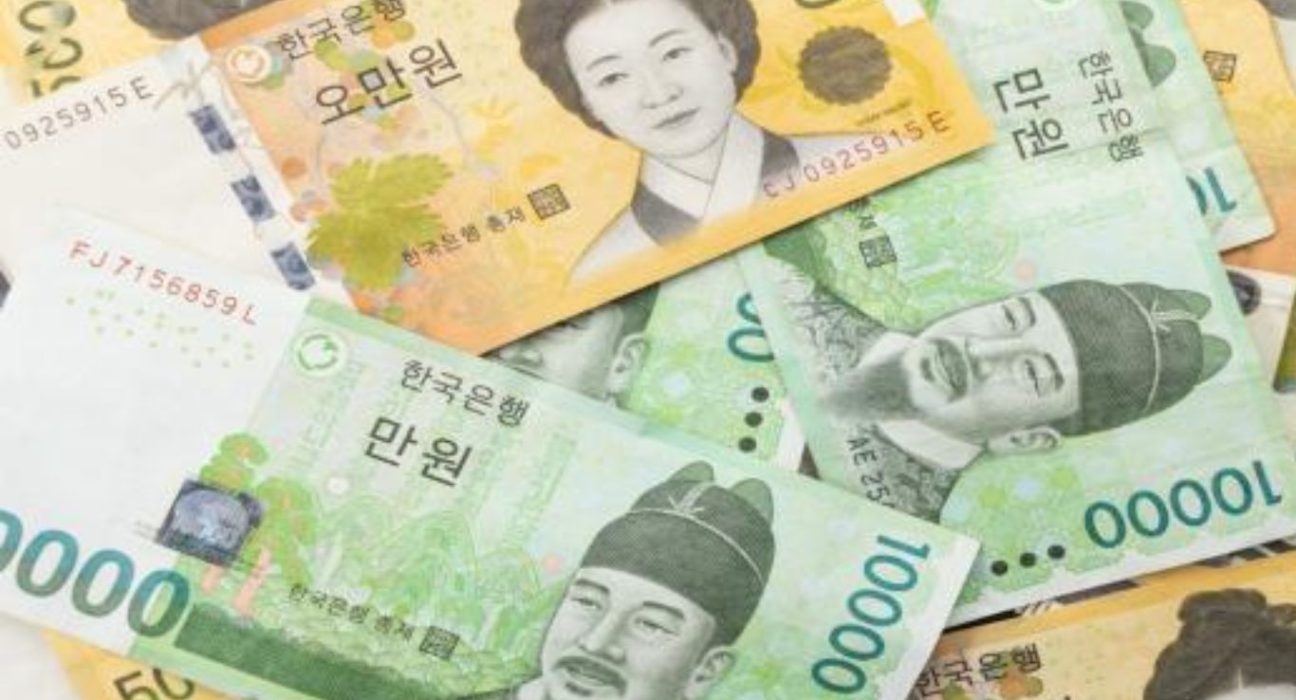Introduction
The South Korean won has recently experienced a notable increase in value, rising by 0.3% against other major currencies. This movement in the foreign exchange market has caught the attention of investors, economists, and financial analysts worldwide. In this article, we delve into the factors driving this upward trend, its significance for South Korea’s economy, and potential implications for various sectors.
Understanding the South Korean Won’s Recent Rise
The recent appreciation of the South Korean won can be attributed to multiple factors. One key aspect is the country’s robust economic performance. South Korea has emerged as a global leader in technology, automotive manufacturing, and other export-oriented industries. The nation’s economic resilience and stability have generated confidence among investors, leading to an increased demand for the South Korean won.
Additionally, South Korea’s trade surplus, a situation where exports exceed imports, has played a crucial role in bolstering its currency. The country’s export sector has been performing exceptionally well, driven by strong demand for its electronic goods, automobiles, and petrochemical products. This favorable trade balance has contributed to the upward pressure on the South Korean won, as foreign buyers require the currency to engage in trade with South Korean businesses.
Implications for the South Korean Economy
The rise of the South Korean won holds both positive and negative implications for the country’s economy. On the positive side, a stronger currency enhances the purchasing power of South Korean consumers when it comes to imported goods and services. This can lead to a potential decrease in the cost of living for citizens, as imported products become more affordable. Moreover, a strong currency can also attract foreign investment, as it reflects stability and confidence in the South Korean economy.
However, there are potential downsides as well. A stronger won can make South Korean exports relatively more expensive, potentially impacting the competitiveness of its industries. This could result in a decline in export volumes and revenues, affecting the overall economic growth of the country. Additionally, South Korean companies with significant foreign currency-denominated debt may face challenges in servicing their obligations due to the increased cost burden resulting from the appreciation of the won.
Impact on Trade and Investment
The recent rise of the South Korean won may have significant implications for the country’s trade and investment landscape. A stronger currency can make South Korean exports less attractive and potentially lead to a decrease in demand from foreign buyers. This could particularly affect price-sensitive industries, where even a small increase in costs can impact sales volumes. Export-oriented sectors, such as technology, automotive, and manufacturing, may need to adapt their strategies to remain competitive in the global market.
However, the stronger won can also offer new opportunities for South Korean businesses. As the currency appreciates, importing raw materials and components from foreign markets becomes relatively cheaper. This cost advantage could help South Korean companies lower their production expenses, potentially improving their competitiveness in certain industries. Moreover, a stronger currency may encourage foreign investors to allocate capital to South Korean businesses, particularly in sectors where South Korea holds a competitive edge.
Considerations for Tourism and Travel
The rise of the South Korean won also has implications for the tourism and travel sector. A stronger currency can make South Korea a more expensive destination for international tourists, potentially impacting the inflow of visitors. Travelers from countries with weaker currencies may find their purchasing power reduced when converting their money into South Korean won. This could lead to a decline in tourism-related revenues, affecting businesses in the hospitality, retail, and entertainment sectors.
However, the impact on the tourism industry may be mitigated by other factors. South Korea’s reputation as a popular tourist destination, coupled with its rich cultural heritage and technological advancements, may continue to attract visitors despite the currency movement. Additionally, South Korean travelers heading abroad may find their trips becoming more affordable, as the appreciation of the won allows for more favorable exchange rates when converting to other currencies.
Conclusion
The recent rise of the South Korean won by 0.3% has significant implications for various sectors of the country’s economy. Driven by robust economic performance and a trade surplus, the currency’s appreciation reflects the confidence of investors in the South Korean market. While a stronger won can benefit consumers through increased purchasing power and attract foreign investment, it may pose challenges for export-oriented industries and tourism. Monitoring the currency’s movement and its potential impact on trade, investment, and tourism will be crucial for policymakers and businesses alike, ensuring they can navigate the changing economic landscape effectively.










